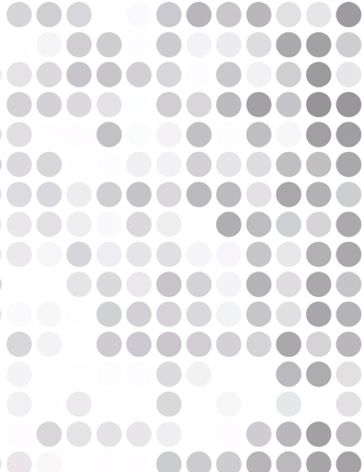

Provides an overview of MHPAEA, including a summary of its protections, key changes made by MHPAEA, exceptions, and regulation.
Section: Policy and Practice Resources
To find treatment facilities confidentially, 24/7, please call 1-800-662-4357 (HELP).
To locate general treatment services, visit the Substance Abuse and Mental Health Services Administration’s (SAMHSA’s) Treatment Locator
online or call 1-800-662-4357 (HELP). This service provides referrals to local treatment facilities, support groups, and community-based organizations. It is a free, confidential, 24-hour-a-day, 365-day-a year information service, in English and Spanish, for individuals and family members needing treatment for a mental and/or substance use disorder.
Find a location near youTo locate general treatment services, visit the Substance Abuse and Mental Health Services Administration’s (SAMHSA’s) Treatment Locator
online or call 1-800-662-4357 (HELP). This service provides referrals to local treatment facilities, support groups, and community-based organizations. It is a free, confidential, 24-hour-a-day, 365-day-a year information service, in English and Spanish, for individuals and family members needing treatment for a mental and/or substance use disorder.
If you suspect a child has been harmed by abuse or neglect, please call 1-800-422-4453.
If you suspect that a child has been harmed or is at risk of being harmed by abuse or neglect, call the National Child Abuse Hotline at Call the National Child Abuse Hotline at 1-800-422-4453. Serving the United States and Canada, the hotline is staffed 24 hours a day, 7 days a week with professional crisis counselors who—through interpreters—provide assistance in over 170 languages. All calls, texts, and chats are confidential. If you believe a child is in immediate danger of harm, call 911 first.
If you suspect that a child has been harmed or is at risk of being harmed by abuse or neglect, call the National Child Abuse Hotline at 1-800-422-4453. Serving the United States and Canada, the hotline is staffed 24 hours a day, 7 days a week with professional crisis counselors who—through interpreters—provide assistance in over 170 languages. All calls, texts, and chats are confidential. If you believe a child is in immediate danger of harm, call 911 first.
For free and confidential support for people in distress, 24/7, please call or text 988, chat 988Lifeline.org,
or call 1-800-273-8255.
If you or someone you know is having thoughts of suicide or experiencing a mental health or substance use crisis, help is available and there are options to receive compassionate care. You can call or text 988 or chat 988Lifeline.org.
You can also call the National Suicide Prevention Lifelineat 1-800-273-TALK (1-800-273-8255). Both are confidential and available 24/7 to everyone in the United States and will connect you to a trained counselor at a suicide crisis center nearest you.
If you or someone you know are in crisis, thinking about harming yourself, attempting suicide, or harming another person, tell someone who can help right away. There are options to help you cope. Call the toll-free, 24-hour hotline of the National Suicide Prevention Lifeline
at 1-800-273-TALK (1-800-273-8255) to be connected to a trained counselor at a suicide crisis center nearest you. The National Suicide Prevention Lifeline is confidential support, available 24/7 to everyone in the United States.
The National Center on Substance Abuse and Child Welfare offers free technical assistance to a variety of systems on making policy and practice changes to improve outcomes for families affected by substance use disorders and involvement with child welfare services. To learn more about technical assistance services or if you have a question please email NCSACW at ncsacw@cffutures.org or call toll-free at 1–866–493–2758.